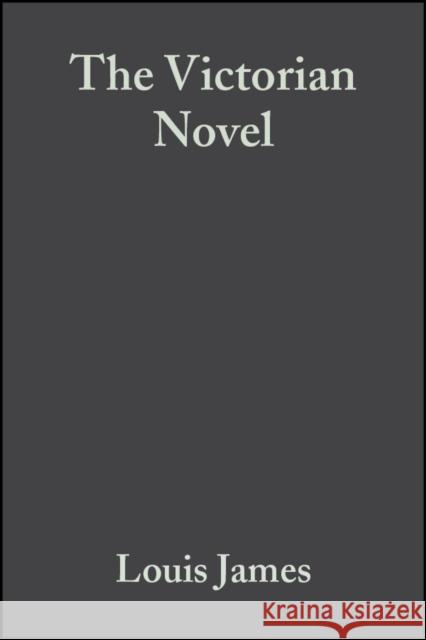Victorian Novel » książka
topmenu
Victorian Novel
ISBN-13: 9780631226277 / Angielski / Twarda / 2006 / 272 str.
Victorian Novel
ISBN-13: 9780631226277 / Angielski / Twarda / 2006 / 272 str.
cena 479,73
(netto: 456,89 VAT: 5%)
Najniższa cena z 30 dni: 473,87
(netto: 456,89 VAT: 5%)
Najniższa cena z 30 dni: 473,87
Termin realizacji zamówienia:
ok. 22 dni roboczych.
ok. 22 dni roboczych.
Darmowa dostawa!
This inspiring survey challenges conventional ways of viewing the Victorian novel.
- Provides time maps and overviews of historical and social contexts.
- Considers the relationship between the Victorian novel and historical, religious and bibliographic writing.
- Features short biographies of over forty Victorian authors, including Wilkie Collins, Charles Dickens, George Eliot, and Robert Louis Stevenson.
- Offers close readings of over 30 key texts, among them Charlotte Bronte's Jane Eyre (1847) and Bram Stoker's Dracula (1897), as well as key presences, such as John Bunyan's Pilgrim's Progress (Pt 1, 1676, Pt 2, 1684).
- Also covers topics such as colonialism, scientific speculation, the psychic and the supernatural, and working class reading.











